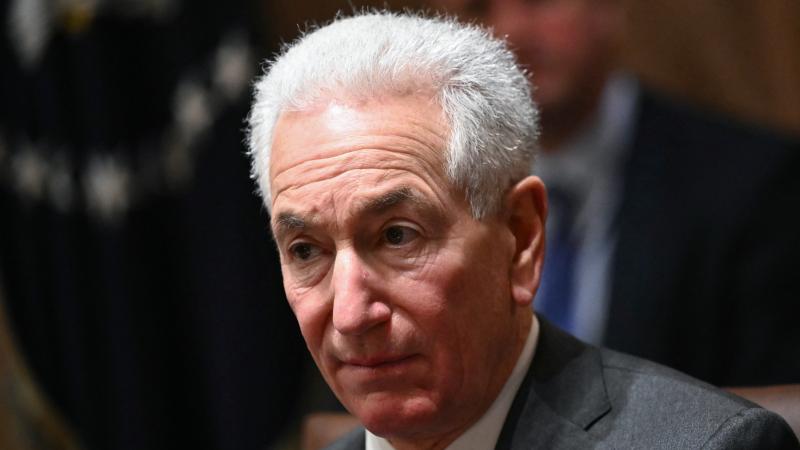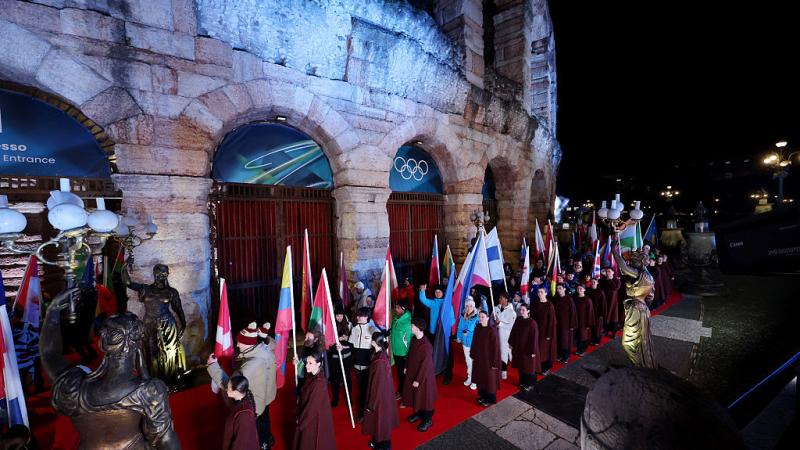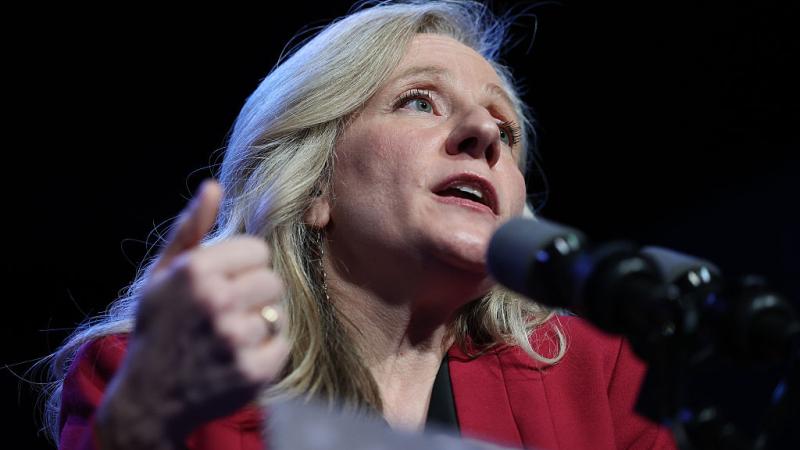Anne Frank betrayed to Nazis by Jewish businessman, investigation finds
"The real question is, what would I have done?" a member of the cold case team said.
Anne Frank may have had her hiding spot in Amersterdam revealed by a prominent Jewish businessman who was attempting to save his own family from the Nazis, a new book on the cold case investigation reveals.
Anne Frank hid with her family and four other people in an annex concealed behind a bookcase in Amsterdam for two years until they were arrested by the Nazis following a tip from a previously unknown source.
The 15-year-old Anne died with her sister, Margot, in the Bergen-Belsen concentration camp several months after their arrest. Her father, Otto Frank, survived the camps and went on to publish her diary.
Rosemary Sullivan's newly released book, The Betrayal of Anne Frank: A Cold Case Investigation, focuses on the work of a team of researchers, including retired FBI agent Vincent Pankoke and dutch filmmaker Thijis Bayens.
The group discovered an anonymous note in 1963 to Otto Frank stating that he was betrayed by Jewish notary and businessman Arnold van Den Bergh, Pankoke revealed to 60 Minutes in an interview published Sunday.
Van den Bergh had a wife and children and served on Amsterdam's Jewish Council, which was set up by the Nazis to institute their nefarious policies throughout the Jewish community.
"In exchange for doing the Nazis' bidding, members might be spared the gas chambers," Pankoke said, adding that the cold-case team "couldn't find Arnold van den Bergh or any of his immediate family members in those camps."
Van den Bergh died in 1950, and Anne's father may have kept his identity secret because of post-war antisemitism.
"Perhaps [Otto Frank] just felt that if I bring this up again, with Arnold van den Bergh being Jewish, it'll only stoke the fires further," Pankoke told 60 Minutes.
"We have to keep in mind that the fact that he was Jewish just meant… he was placed into a untenable position by the Nazis to do something to save his life," Pankoke said.
When van den Bergh's identity was revealed as the likely Nazi informant, documentarian Bayens said, "I found it very painful. Maybe you could say I even hoped it wouldn't be something like this."
During an interview with "60 Minutes," Bayens said: "It shows you how bizarre the Nazi regime really operated, and how they brought people to do these terrible things. The— the real question is, what would I have done? That's the real question."
The Anne Frank House released a statement Monday on the cold case but was not involved in the investigation.
"The Anne Frank House is impressed by the work that the cold case team has carried out. The investigation was carefully set up and performed, and the book The Betrayal of Anne Frank reports on it in an engaging and readable way," the organization stated.















